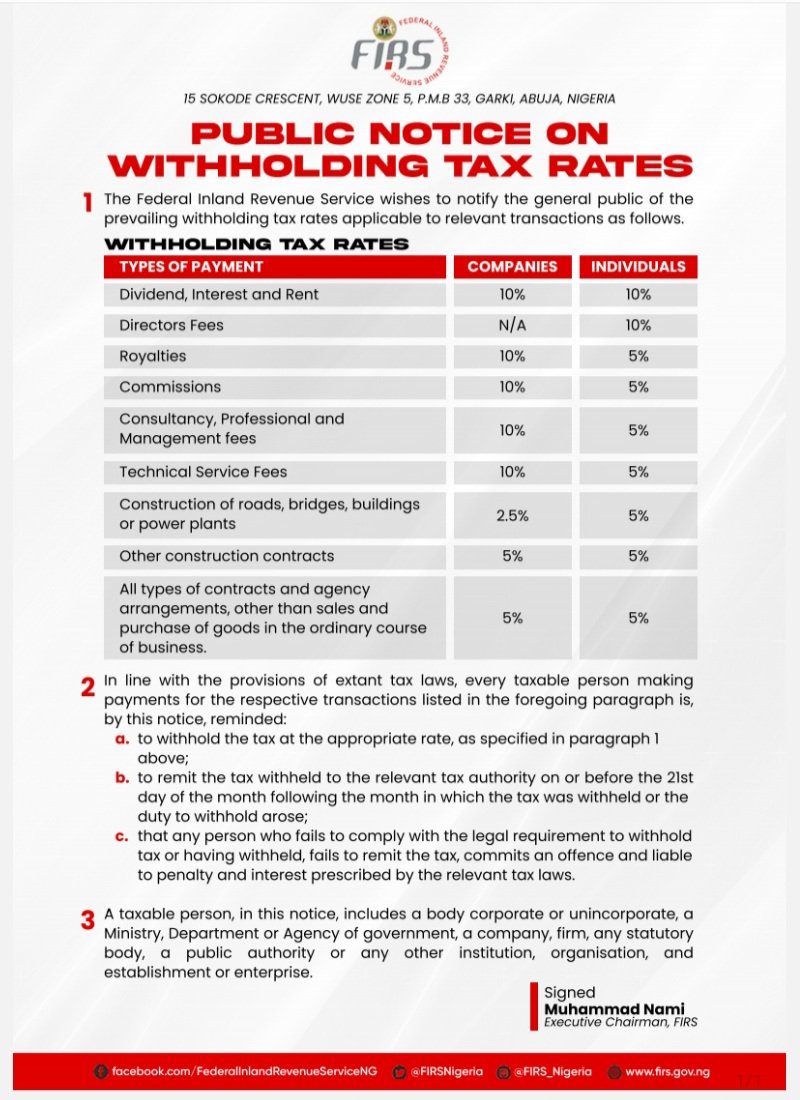
The United Nations Conference on Trade and Development (UNCTAD) has called for action to curb cryptocurrencies in Nigeria and other developing nations.
The UN trade and development agency made the call in three policy briefs entitled: ‘All that glitters is not gold: The high cost of leaving cryptocurrencies unregulated,’published on Wednesday.
The policy brief examines the reasons for the rapid uptake of cryptocurrencies in developing countries, including the facilitation of remittances and as a hedge against currency and inflation risks.
UNCTAD warned that although private digital currencies have rewarded some individuals and institutions, saying that they are an unstable financial asset that could bring social risks and costs.
UNCTAD said that their benefits to some are overshadowed by the threats they pose to financial stability, domestic resource mobilisation, and the security of monetary systems.
According to the agency, the use of cryptocurrency rose globally at an unprecedented rate during the COVID-19 pandemic, reinforcing a trend that is already in motion, noting that some 19,000 are currently in existence.
In 2021, developing countries accounted for 15 of the top 20 economies regarding the share of the population that owns cryptocurrencies. Ukraine topped the list with 12.7 per cent, followed by Russia and Venezuela, with 11.9 per cent and 10.3 per cent, respectively.
“Recent digital currency shocks in the market suggest that there are private risks to holding crypto, but if the central bank steps in to protect financial stability, then the problem becomes a public one,” UNCTAD said.
Source: Blueprint








